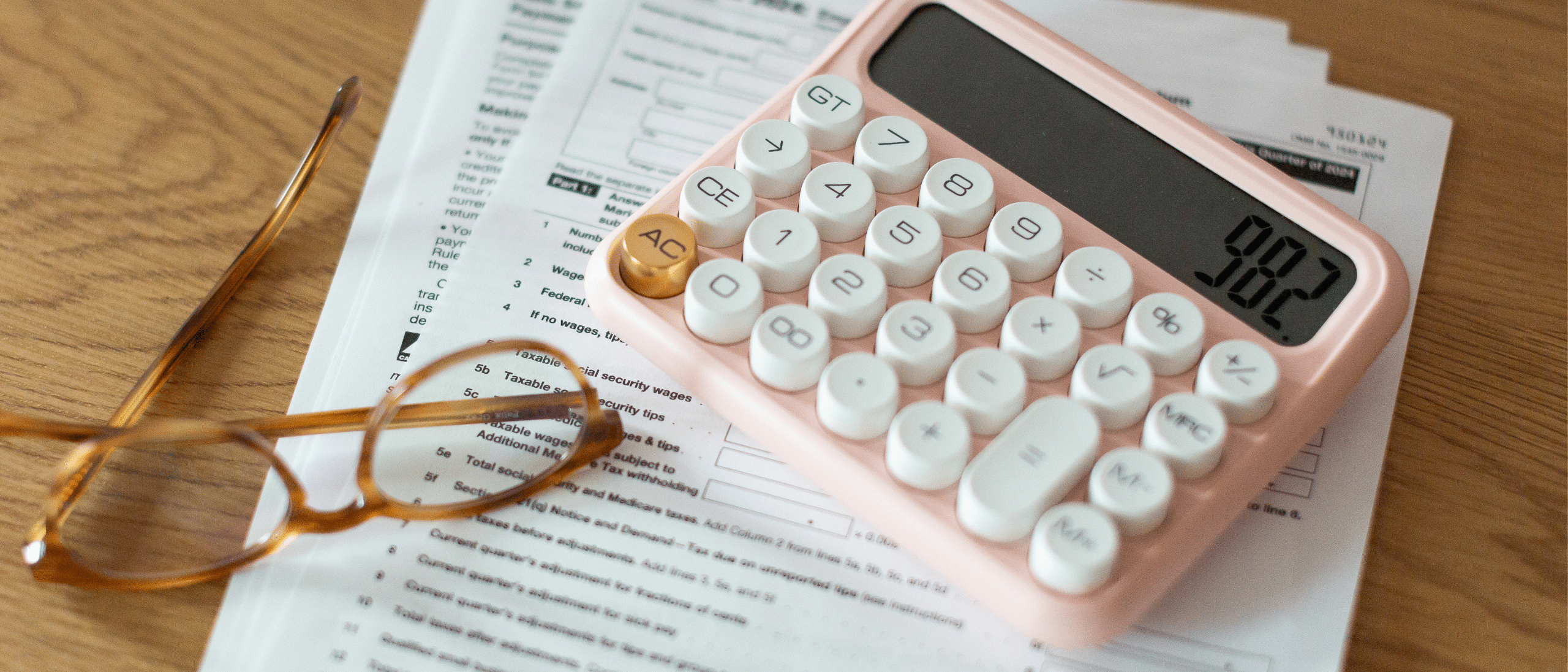The IRS typically and frequently communicates with taxpayers using regular snail mail.
However, sometimes the IRS sends certified mail. Does that mean it’s time to panic? In today’s post, I’ll explain why the IRS would send a certified letter.
Why would the IRS send a certified letter?
First of all, if you have received or know you’re going to receive (thanks for the heads up, USPS Informed Delivery!) a certified letter from the IRS, it is NOT time to panic. The IRS sends certified mail all of the time and for many different reasons. Most of the time, if you’re receiving a certified letter form the IRS, it’s due to an outstanding balance or a request for you to provide more information.
Why would the IRS send a certified letter instead of regular mail?
There are several reasons why the IRS sends certified mail:
- Importance: A certified letter from the IRS is often used when they need to convey important information or notify you about a specific matter. It’s a way for them to ensure that the message reaches you directly and that there is proof of delivery. I will note here that just because the IRS deems something important for you to know, that doesn’t necessarily mean that you’ll think the letter is overly important or that the contents of the letter will be “news” to you.
- Official Communication: When the IRS sends a certified letter, it means that the information in the letter is significant and requires your attention. It could be related to matters like tax audits, overdue tax payments, or other issues that require your response or action.
- Documentation: By sending a certified letter, the IRS maintains a record of the correspondence. The certified mail receipt serves as proof that the letter was delivered to you, which is important for both parties if any further actions are necessary.
- Legal Purposes: In some cases, the IRS may need to send certified letters to inform you about legal actions or proceedings. This ensures that the information reaches you directly and allows you to respond or take appropriate measures within the specified timeframe.
- Official Confirmation: When you receive a certified letter, you are usually required to sign for it, acknowledging that you have received and read the contents. This confirmation helps the IRS ensure that the information has reached the intended recipient.
What kinds of letters does the IRS send as certified mail?
The most common types of letters the IRS will send as certified mail are:
- Identity verification certified letter: 5071C or 6331C
- Outstanding balance due certified letter: CP14
- Refund discrepancy certified letter: CP143R
- Notice of deficiency certified letter: CP3219N
- Notice of audit and examination scheduled certified letter
- Delay in processing your refund certified letter: CP44
- Notice of underreported income certified letter: CP2000
Where can I find an explanation about a certified letter the IRS sent me?
You can search for the specific notice or letter you received by using the IRS’ Notices and Letters Search page. From there, you can usually find information about the type of letter you received.
What should I do if the IRS sends me a certified letter?
First, make sure you read the letter a few times so that you understand why you received the letter, if any actions are being requested of you, and whether or not you need to respond. If the letter requires some kind of response from you, you’ll also want to take note of any deadlines, dates, or contact information provided.
If you don’t understand the letter or you don’t agree with what the letter says, then it might be time to contact an accountant who can help you figure out your next steps. If you think you want to contact the IRS directly and you’re having a hard time getting someone on the phone, this post tells you how to reach a real person at the IRS.
It’s also important to remember to not throw the letter away. You may even want to scan it or take a picture of it so that you can save it wherever else you save your important documents.
Will the IRS email me a letter?
The IRS doesn’t initiate communication via email, text, or social media. If they are going to send you something important, then it’s most likely going to come in the mail. If you aren’t sure whether something you received actually came from the IRS, make sure you contact them immediately using the numbers they have posted online (and not the contact information in the sketchy letter).
The bottom line is that receiving a certified letter from the IRS doesn’t necessarily mean that you’ve done something wrong or that you’re in trouble. It could simply be a routine communication or a request for additional information. If you receive a certified letter from the IRS, it’s recommended to open it promptly, read the contents carefully, and take any necessary actions.
You might find some of my related posts helpful, too:




